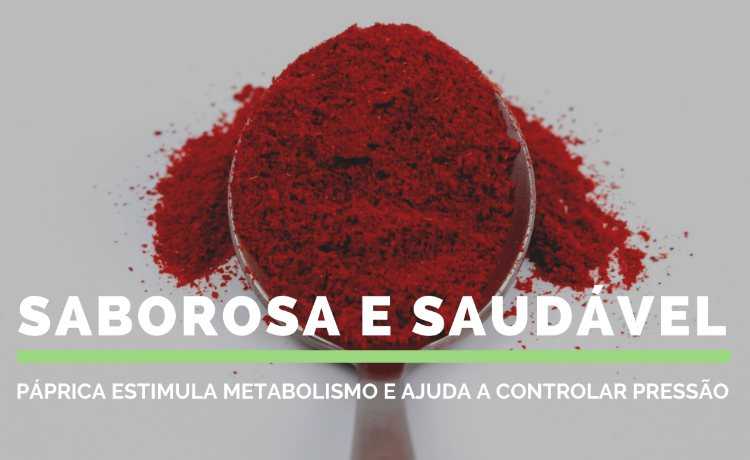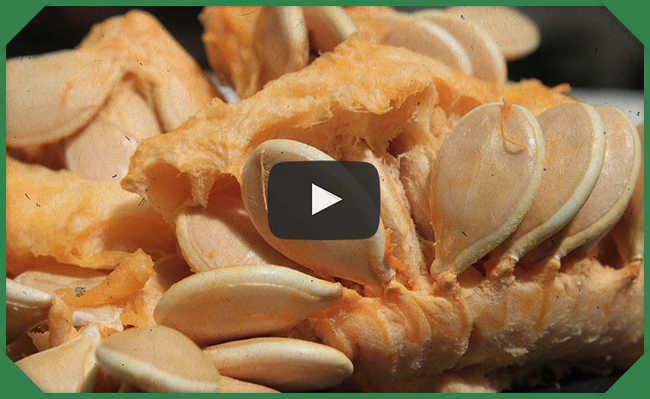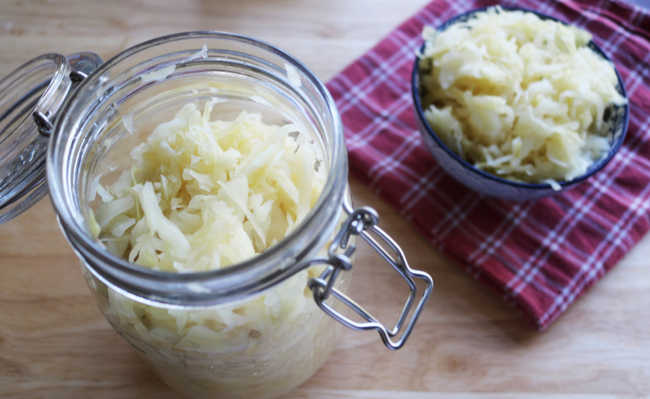Menopause Remedy: Seven Natural Options
Check out a list of seven natural menopause remedy options that are alternative or complementary to hormone replacement.

Image: Ava Sol on Unsplash
Using natural products like menopause medicine may seem like utopianism, but there are options and they work.
Menopause is a natural change in a woman's reproductive cycle, marked by the end of menstruation and fertility. It usually appears when a woman reaches her 40s or 50s, but in some cases it can present its first symptoms as early as 30 years old. The main symptom of menopause is the absence of menstruation for an entire year.
Although menopause is a biological process rather than a disease or disorder that necessarily needs treatment - the symptoms of menopause can be quite uncomfortable. Many women experience hot flashes, mood swings, sleep disturbances, vaginal dryness, decreased libido and night sweats just before the onset of menopause (perimenopause) until menopause itself, and in some cases even during postmenopausal women. -menopause. On average, it can take anywhere from one to three years to complete the three steps.
Hormone replacement therapy (HRT) is a popular treatment to avoid these bothersome symptoms and has been used to compensate for the loss of hormones that occurs during menopause. While effective for this function, a study of Women's Health Initiative 2002 showed that this type of treatment for menopause also increases the risk of breast cancer, heart disease, stroke and ovarian cancer. However, there are natural menopause remedies that work by helping you through the menopause transition in health and well-being.
Natural Remedies for Menopause
Before following the list of natural remedies for menopause, remember: not everything that works for other people will work for you, as each organism is endowed with its own peculiarities. So the ideal is to test and see which option is the most suitable for you.
1. Soybean
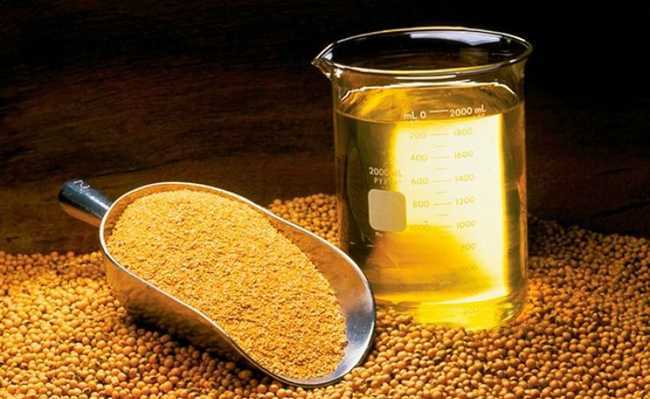
Image available on Wikimedia under CC BY 2.0 license
In the list of natural menopause remedies that work is soy. It has substances called "isoflavones", capable of increasing the level of hormones (estrogen) that decay during menopause, relieving unwanted symptoms, which can persist for up to 11 years!
One study has shown that soy isoflavones can help decrease the frequency and intensity of menopausal hot flashes. According to the same study, consuming about 54 mg of soy a day can significantly reduce the duration and intensity of hot flashes.
But before consuming soy, remember: it's only worth it if the soy is organic, as the transgenic is genetically modified to be able to receive more pesticides, the same ones that are related to female health problems such as breast cancer, fibromyalgia, chronic fatigue, multiple chemical hypersensitivity syndrome, among others.
Soy-derived foods like tofu, tempeh, miso and soy milk provide protection against breast and uterine cancer, help increase bone mass to prevent osteoporosis, reduce the risk of stroke and cognitive decline, among other diseases cardiovascular diseases. But don't forget to prioritize organic options.
2. St. Kitt's Weed (black cohosh)
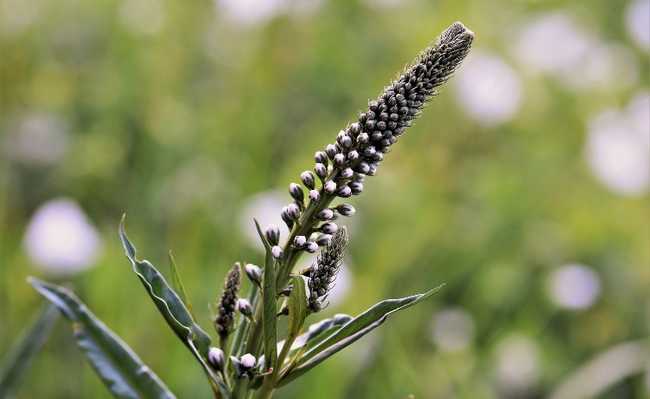
Pitsch image by Pixabay
St. Kitts' wort is another natural remedy for menopause. It is a plant native to North America, used by Native Americans to treat pain, inflammation, depression, sleep disturbances, menstrual cramps, postpartum pain and menopausal symptoms.
Studies have shown that St. Kitts' wort is effective in relieving menopausal symptoms such as hot flashes, sleep disturbances, depression, irritability and vaginal dryness. Unlike hormone therapy, women who took about 40 mg of St. Kitt's wort a day did not experience thickening of the uterine lining - a complication that commonly occurs in those taking synthetic hormones and that increases their risk of endometrial cancer.
Unlike soy isoflavones, St. Kitt's wort is not a phytoestrogen; therefore, it does not increase estrogen levels in the body, making it a safe treatment for those who have breast cancer.
3. Flaxseeds
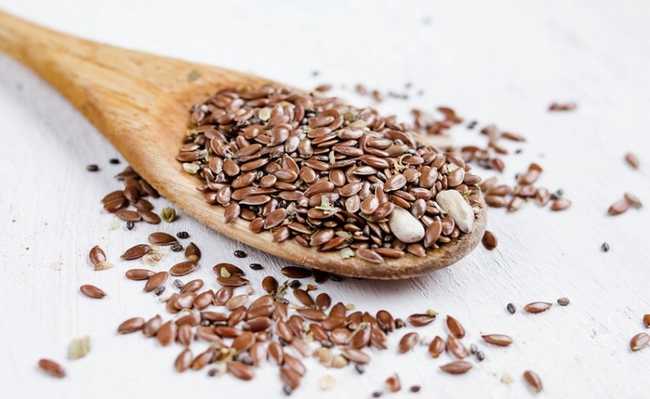
Image by Marco Verch, available on Flickr under Creative Commons 2.0 license
Flaxseeds are on the list of natural menopause remedies as they are a source of fiber, protein, omega 3 fats, manganese, phosphorus, copper, selenium and vitamin B1. Similar to soy, flaxseed contains estrogenic properties that can help relieve menopause symptoms.
A study comparing the effects of flaxseed with hormone replacement therapy showed that menopausal women who took five grams of flaxseed daily for 3 months had a similar reduction in menopausal symptoms to those who took hormone replacement therapy.
4. Licorice root
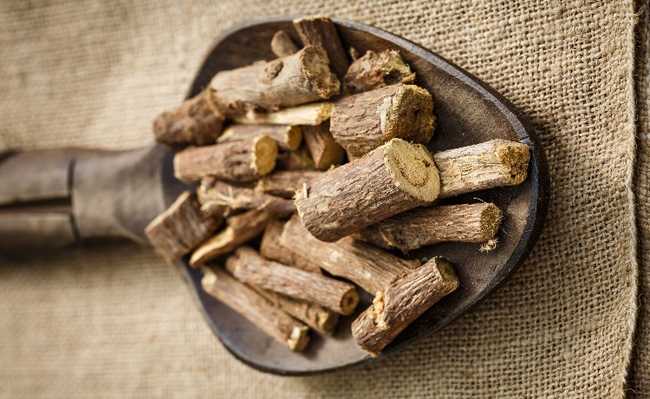
gate74 image by Pixabay
Licorice is a natural sweetener that is 30 to 50 times sweeter than sugar. But the uses of licorice root go beyond its sweetening properties.
One study showed that menopausal women who took 330 mg of licorice root a day for eight weeks had a significant reduction in the frequency and intensity of menopausal hot flashes.
Another benefit of licorice root is its potential to help balance mood. An animal study has shown that licorice root has antidepressant effects that work just as well as the drugs prozac and tofranil. Licorice root increases the neurotransmitters dopamine and norepinephrine, chemicals that are sensitive to the brain.
5. Korean red ginseng
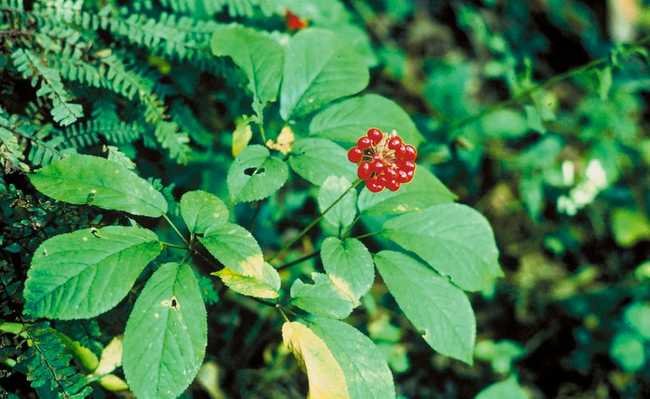
Image available on Wikimedia, in Public Domain
O panax ginseng - also known as ginseng Asian, Chinese or Korean - is a perennial plant whose name pays homage to the Asian mountain ranges from which it comes. O ginseng It is known in traditional Chinese medicine for treating diabetes, improving the immune system, reducing stress, increasing mood, improving heart health, and treating erectile dysfunction.
One study showed that women who took six grams of ginseng red a day for 30 days had an improvement in levels of anxiety, tiredness, insomnia and depression.
Another study found improvements in sexual desire, arousal, lubrication, orgasm and sexual satisfaction in women who took three grams of ginseng red a day.
6. St. John's Wort

Manfred Antranias Zimmer image by Pixabay
St. John's Wort is known to treat depression and inflammation, but it can also be used as one of the natural menopause remedies.
One study showed that menopausal women who received 900 mg of St. John's wort extract three times a day for 12 weeks improved symptoms of irritability, fatigue, anxiety, depression, lack of concentration, sleep disturbances, low libido, and other psychosomatic complaints. Almost 80% of symptoms improved or disappeared after using St. John's Wort.
7. Coconut oil
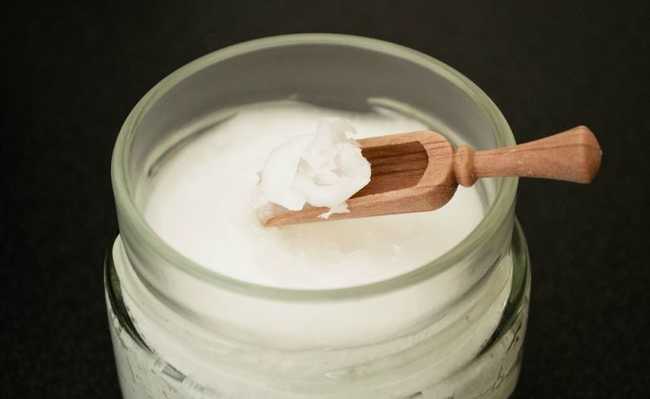
DanaTentis image by Pixabay
One of the unpleasant symptoms of menopause is vaginal dryness. To naturally remedy this symptom, it is interesting to use organic coconut oil (free of pesticides). Coconut oil is natural and has no contraindication if used on the outside of the vulva. In addition, it has a very pleasant texture and, with the heat of the body, it ends up melting, making it a great vaginal lubricant. To learn more about coconut oil, take a look at the article: "Coconut oil: benefits, what it is for and how to use it".



